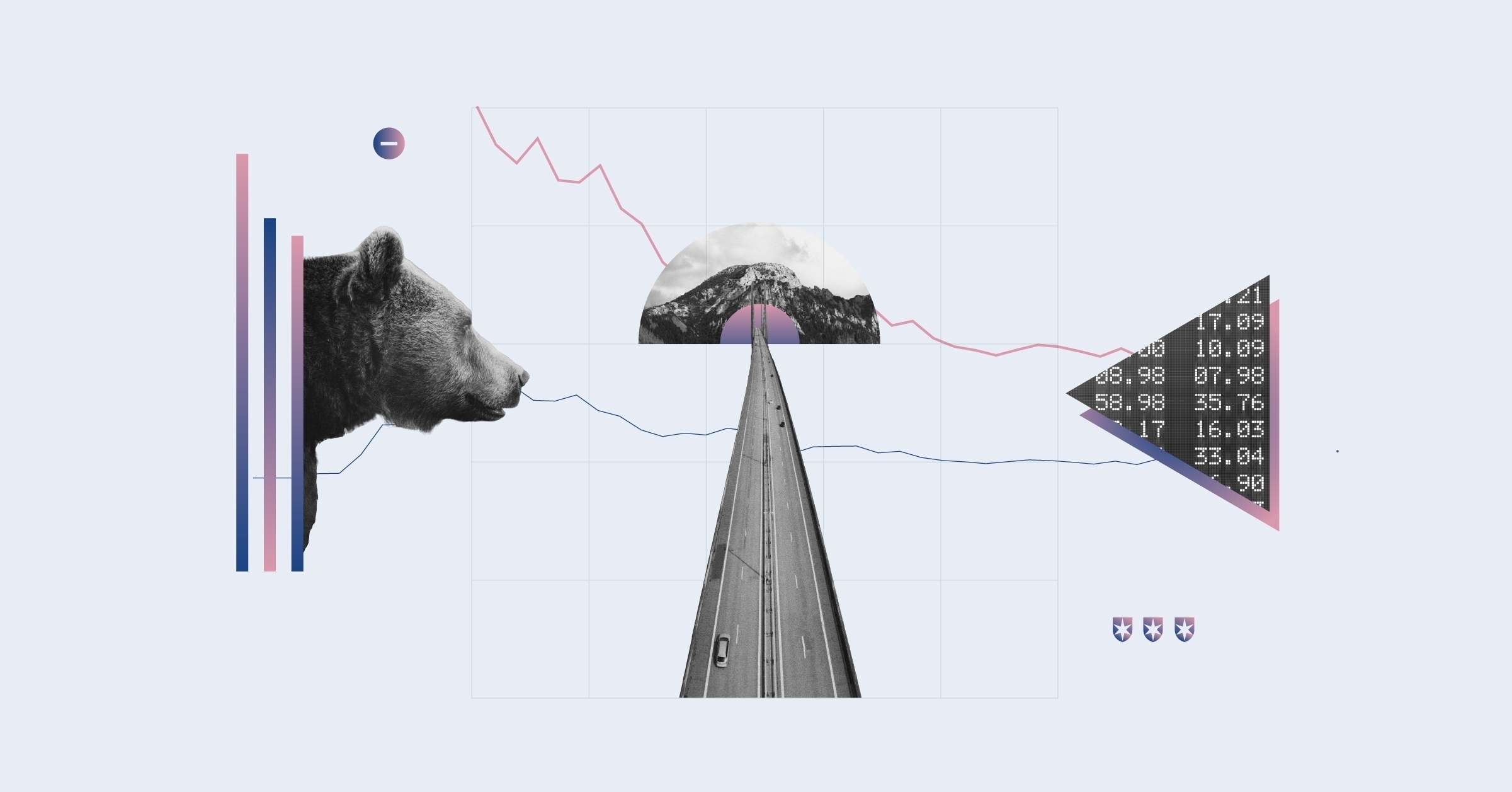
Global markets shuddered last week, as investors struggled to come to terms with the impact of sweeping tariffs implemented by the Trump administration.
The new levies were significantly larger than investors anticipated, which sent stocks sharply lower amid anxiety that the dramatic overhaul of US trade policy could dent economic growth and stoke inflationary pressures. Ongoing uncertainty about how US trading partners will react is also complicating the outlook. Amid the very real possibility that stocks could keep falling, strategists say investors should stay coolheaded.
Message to Investors: Don’t Panic
“The first message is not to overreact. That is the key to this,” says Michael Arone, chief investment strategist at State Street Global Advisor. Many investors have the benefit of a long time horizon and portfolio diversification, which can cushion against a short-term shock.
When emotions are running high, he says, “often the most prudent thing to do is take a step back, take a deep breath, and stay the course.” That’s especially true while the outlook remains fluid. Arone says a positive result wherein US trading partners lower their trade barriers is on the table, alongside a more dire scenario in which trading partners retaliate.
Dominic Pappalardo, chief multi-asset strategist for Morningstar Investment Management, highlights how the largest bounces in the markets often closely follow the biggest declines. He says that over the past 25 years, an investor who missed the best five days of market performance in the S&P 500 Index has earned a return 36% lower than an investor who remained in the market for the entire period.
Look for Opportunities to Rebalance
While a dramatic selloff might not be the time to make sweeping changes to your strategy, analysts say there’s certainly room for more targeted adjustments. “It may be prudent to rebalance out of market segments that are holding up well and ensure exposures to the segments suffering the most remain on target,” says Pappalardo. While stocks were down across the board on Friday, defensive sectors like healthcare and real estate saw smaller losses.
Arone points to traditional safe haven assets like longer-dated Treasuries and gold, which continue to be attractive amid the selloff. On the equities side, he prefers companies and industries that are more exposed to the services sector of the economy rather than the goods sector, like healthcare. He’s also looking to companies with stable earnings that have grown their dividends. “Those are areas for investors to take cover while this plays out,” he says.
Quality Companies on Sale
For Sameer Samana, head of global equities and real assets at the Wells Fargo Investment Institute, the market’s plunge comes with a powerful silver lining: “If your horizon is long enough, we would view this as an opportunity.”
For investors that are willing to drill down, “there are a lot of high-quality companies on sale today,” says James Ragan, director of investment management research at DA Davidson.
When stock prices fall, valuations fall too. That means investors can pick up these companies at cheaper prices, though Samana adds that working through potential buying opportunities will take time, especially as the situation evolves. “It’s more of a marathon than a sprint.”
Ragan also cautions that there could be losses in the short term, even for the highest-quality names. He points out that during market drawdowns, companies with strong balance sheets and strong competitive advantages often fare better than their peers and can gain market share, but that process takes time.
Over the long term, Samana says he’s looking to sectors with strong fundamentals that may be getting cheaper as a result of last week’s selloff. He’s not expecting a recession, and points to cyclical plays, like energy, financials, industrials, and even technology, which could pick up steam as the economy recovers.
The author or authors do not own shares in any securities mentioned in this article. Find out about Morningstar's editorial policies.























